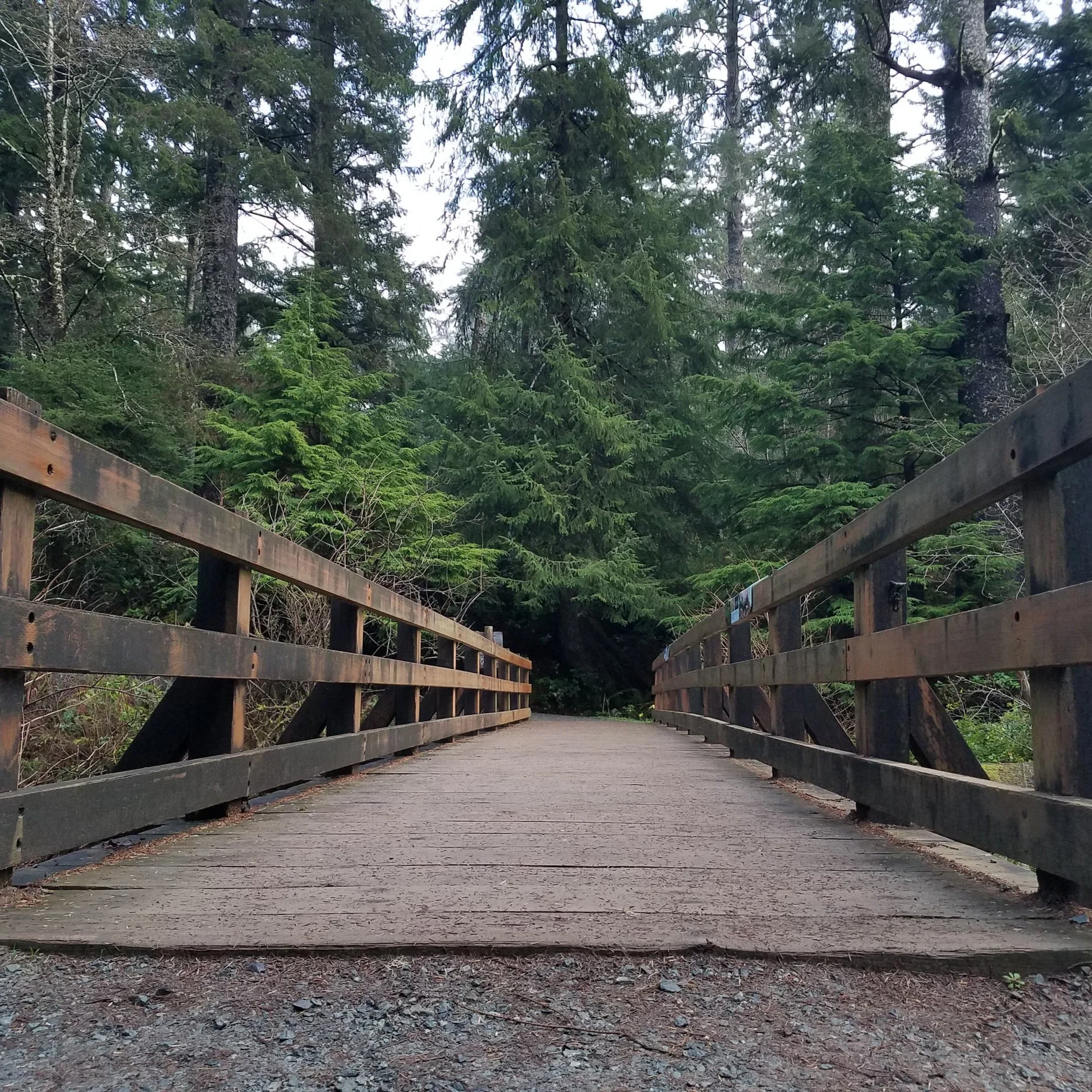Trust Fall
Here is what is hard about this pandemic: Every time I leave the house, and even sometimes when I haven’t left the house, I am being forced to trust people I do not want to trust and indeed should probably not trust.
I have to trust that strangers in my community have reviewed, understood, and opted to follow scientifically vetted guidelines and recommendations.
And yet, it’s clear that many folks haven’t, don’t, and won’t, thanks to selfishness, laziness, and widespread disinformation campaigns.
Even within the more-known commodity of my daughter’s social preschool bubble, I have to trust that all parents are disclosing potential exposures and that no parent is sending a slightly sick child to preschool because they just*can’t*miss*one*more*day*of*work.
And yet I know plenty of parents who are in such dire straits that they might well be tempted to fudge the truth, to err on the side of secretive pre-dropoff Tylenol dosing and convenient optimism.
With each breath, I take, or my partner takes, or my kid takes, I must trust the air isn’t riddled with disease germs.
With each item I touch, or my partner touches, or my kid touches, I must trust that a virulent mote isn’t lying in wait.
I have to have so much faith; and I do not have any faith.
How can I?
How do you resign yourself to deep trust in an indifferent universe? How do you place your fate in the hands of distracted and desperate others?
***
Sometimes I imagine the lot of us humans engaged in some collective, planetary game of Trust Fall.
Remember Trust Fall?
Every kid who attended sleepaway camp or Outward Bound or a company retreat in the ’90s probably does.
It’s a classic team-building exercise, often invoked to warm up a peer group who either does not know or does not trust each other very well.
Everyone forms a close circle and holds their arms out toward the center, palms facing upward, and one person — the appointed Faller — steps into the middle.
The Faller then folds their arms across their chest, closes their eyes (or is blindfolded), and — Poof! — falls backward, forward, sideways, or in any other direction they please.
The idea is, whichever way they fall, the circle will catch them, cushioning their tumble through space. Because the group can be relied upon!
Except when it can’t.
I first played Trust Fall the summer before my 11th birthday, at horse camp.
We’d just been assigned cabins, and our preteen cohort convened in a dirt clearing amongst a small hill of sagebrush.
Our counselor, a red-haired teenager whose name now escapes me, explained the rules of the exercise and asked for volunteers.
Up went the hand of a twiggy girl with thick glasses and a speech impediment: Julia.
Julia walked into the middle of the circle, and a chorus of whispers went up, mostly from a gaggle of three or four well-heeled girls who seemed to know each other from back home.
Julia was blindfolded, crossed her arms over her chest, and at the counselor’s command, obediently tumbled backward, her body angling toward The Gaggle.
On cue, The Gaggle stepped back at the last minute, creating a fatal hole in our protective circle. Julia hit the dirt.
Dazed, her blindfold knocked half off and her glasses akimbo, Julia lay there, making no moves to get up.
The look on her face was not a look of surprise. It was something else. Confirmation, maybe? Resignation, definitely.
The camp counselor swooped in, grabbed Julia by her ropy arms and helped her to stand, sternly reprimanding The Gaggle, who didn’t even try to pretend it had been an accident.
***
That week, I befriended Julia rather than join the others in the cruel scramble for rank.
Julia was unthreatening company, to put it mildly, and if I’m honest, I pitied her.
When we were all tucked into our cabin bunks at night, she’d confess all sorts of things about her life to the rest of us.
She confided that she had been molested, and warned us that if anyone ever tried to touch us, we should scream and run away.
She spoke of being mercilessly mocked at the hands of her schoolmates.
The Gaggle smelled blood, and sticking with her rendered me a lesser target of their mockery. I leaned into the scorn, pushing my brown hair down over my eyes and putting my glasses on over my hair so I looked like Cousin It from The Addams Family.
I have no idea why I found this shtick hilarious, but I did, and The Gaggle didn’t … disagree.
I remember one night near the end of our week at horse camp, when Julia was finally reduced to tears over the cumulative succession of social betrayals, she and I approached our camp counselor to complain of our unhappy lot.
“No offense,” the counselor said, “But don’t you think you’re kind of asking for it? I mean, you both act so weird.”
I genuinely don’t think she was trying to be cruel.
She couldn’t have been more than 16 or 17 herself, and she was trying to teach us something about how the world operated, to prepare us for what nobody can prepare you for: When you are vulnerable or needy, the world will never be ready to receive you just as you are. It will never be ready to catch you.
***
That autumn, Julia called me on the phone, just once, to say, Hello.
I remember little of our conversation, except that I was standing in the kitchen and it was awkward, and she kept setting down the phone to go ask her dad what she should say to me next.
And then we said Goodbye and hung up.
I’ve I rarely thought of Julia since.
This year, though, in this moment, I can’t shake the picture of a circled herd of tweens sulking in the sagebrush, their thin white arms outstretched.
I can’t shake the picture of that horsey girl with her cheek in the dust, not even surprised.
What Julia knew then is what I know now: Over and over, somebody will get betrayed. Somebody will get dropped, or molested, or sick with a virus. The odds are preordained.
A stranger brushes close, I touch hands with the grocery store clerk, my daughter sneezes, and I’m back there at horse camp, waiting for my own turn.
Over and over, I’m back there again, either about to fall or already down in the dirt with Julia, waiting for arms to yank me skyward.





